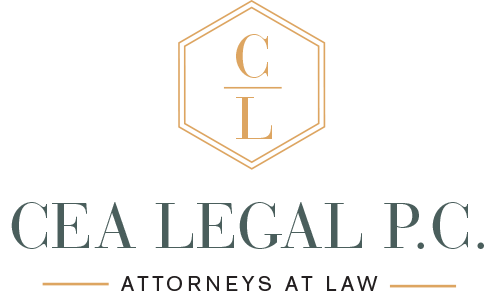FREQUENTLY ASKED QUESTIONS
Answers to some popular questions covered in our practice areas.
CORPORATE
What are the most common rights in connection with transfers of a corporation’s shares or of a limited liability company’s membership interest units?
Right of first refusal – the right of a current shareholder or member to match the offer made by a third party to purchase another shareholder’s shares or member’s units;
Right of first offer – the right of a current shareholder or member to purchase new shares or units before the company can offer them to a third party;
Drag Along Rights – the right of the company’s majority (whether a simple or super majority) to accept a third party’s offer to purchase all outstanding shares or units of the company, and to force the minority to accept the sale on the same terms;
Tag Along Rights – the right of the minority of a company to sell its shares or units at the same terms negotiated by the majority for its shares or units.
BUSINESS IMMIGRATION
How much do you need to invest to get an E2 Investor Visa?
There is no minimum established. The regulations say that the investment needs to be substantial – therefore the minimum amount is relative to the specific industry. To be deemed substantial, the investment needs to be: a) proportional to the value of the business, or b) enough to guarantee the creation of a new business.
RESIDENTIAL REAL ESTATE
What are the most significant clauses negotiated in a contract of sale of a New York City Condominium Unit?
Down payment percentage – Typically it is 10% of the Purchase Price. The Seller might try to get more (20%-25%); in this case the Buyer should demand a lower percentage.
Mortgage contingency – The Buyer’s exit strategy in place in case their financing is not approved.
Warranties and Representations in connection with the condition of the property – Units are sold “as-is”, but the buyer should try to get coverage from pre-existing hidden damages/issues.
CONTRACTS
How do you overcome restrictive covenants, such as non-competition and non-solicitation clauses?
Non-compete and non-solicitation provisions will be hardly enforced in Court unless narrowly tailored, meaning that the restrictions imposed should be reasonable in duration, geographic scope and substance, and necessary to serve a legitimate interest of the other party.
COMMERCIAL REAL ESTATE
Are the principals of a business personally liable to the Landlord under the terms of a New York commercial lease?
In New York, if a commercial lease is terminated earlier than originally scheduled, principals are not personally liable as long as they comply with the provisions of the “Good Guy Guarantee”, namely: a) Landlord receives sufficient notice of termination (between 90 and 180 days); b) the premises vacated are in “broom-clean” condition; c) rent is paid through the date of surrender.
There are many other factors to be considered within each of these practice areas; setup a consultation with our team to discuss a legal matter.

